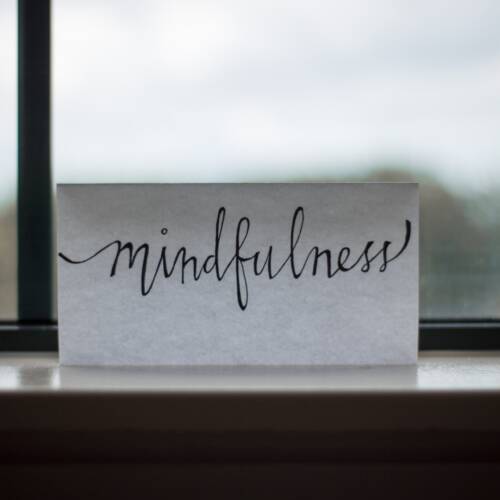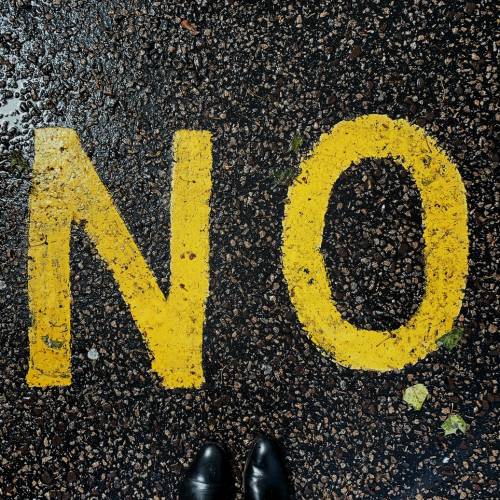
Code Switching: Survival and Healing in Ocean Vuong’s On Earth We’re Briefly Gorgeous
07 Jun 2020Ocean Vuong, a brilliant novelist and poet, published his novel On Earth We’re Briefly Gorgeous in 2019. It first caught my attention while I peered at a Waterstones window; the blurb sounded exactly what I needed for a project I was working on. So of course, a few days later, I found myself in my favourite Waterstones branch; a convenient little spot attached to a cafe and ample windows for people watching—and bought the book. I nestled into it straight away, like a familiar home I couldn’t quite let go off. And so, a year later, I still find myself reaching for it, a comfort only accessible in its pages.
Amidst its twists and turns, Vuong’s novel grapples with the intricacies of an immigrant life—the reader soon realises it’s as much a quest for life’s meaning as much as it is a voyage back to his mother and back to himself. And so it’s no surprise that while the epistolary novel reveals Little Dog’s (the protagonist) truths and experiences, that you, also, often find yourself within them—the muted shared experiences, to the unspoken truths and unheard but felt love between family members to the rut of racism and class war. Vuong surely takes the reader on a journey that resembles a roller coaster stuck in slow motion.
On Earth We’re Briefly Gorgeous gently suggests and lights up the areas in our lives we often prefer to turn away from; the nooks and crannies we are far too shy to approach. Vuong leads us to not only reevaluate our prejudices but also provides a space for the reader to identify, to acknowledge, to heal.
Certainly, Vuong attempts to reclaim a land, a space, a time and cements it amongst his words—showing the reader that they, too, can create a space for themselves. Ultimately, Vuong’s brilliant novel is a soft exploration of trauma and healing, and while the novel itself has many gems in the form of words, the following remains to strike me, “[s]ometimes being offered tenderness feels like the very proof that you’ve been ruined.” For, very few novels are a work of grief and a production of healing simultaneously. Yet, Vuong has mastered it in his tender approach and so, the novel’s authenticity provides a gentle reminder and hope to its readers.
Little Dog reminds his readers whilst writing to his mother of what survival eventually allows you to become, of what it helps you to understand,
“Yes, there was a war. Yes, we came from its epicenter… All this time I told myself we were born from war—but I was wrong, Ma. We were born from beauty. Let no one mistake us for the fruit of violence—but that violence, having passed through the fruit, failed to spoil it.”
Vuong’s words provide clarity, as much as they provide a sweet symphony in the form of rewriting history and trauma. Much of which nudges the reader to face their own multiple narratives; the imposed by strangers and by the familiar voices in the form of family and friends, to the ones we instill in ourselves.
Perhaps, one way to explain this novel, is, as one not for the faint of heart. While this contradicts the softness and kindness I’ve weaved into my retelling of the novel, it remains to be fitting- for the reader finds work at their feet to be done, work which often we rather sweep under the rug or cast aside for a continuously delayed future. Vuong’s novel challenges before it heals. And isn’t that the perfect representation of life itself? It challenges before it heals. It questions, it probes, it asks you to evaluate and reevaluate then reevaluate some more, before it finally provides you with answers and shines a light on your truth. We are the monarchs of our own lives, as Vuong explains, “[m]onarchs that survived the migration passed this message down to their children. The memory of family members lost from the initial winter was woven into their genes”—we too, survive; we too, tell our story—we too, weave and reweave our genes with our intimate stories and truths.
Just as the novel explains, “[w]e travel through time in a circular trajectory, our distance increasing from an epicenter only to return again, one circle removed”, the reader finds themselves traveling in a circular trajectory. Perhaps, no longer on board a roller coaster but a merry-go-round. Vuong’s novel is a form of devotion.
On Earth We’re Briefly Gorgeous is an attempt to cement Little Dog’s mother’s voice into eternity, one which, as many immigrants learn, is stolen from them. Yet, like many immigrant children, Little Dog stands tall, and assumes the role of a protector. And, so, this novel is precious in its authenticity, and perfect in it’s reflection of the many code switching immigrants partake in.
In it, you will soon find that while Little Dog attempts for other’s to acknowledge his face and therefore, his mothers—On Earth We’re Briefly Gorgeous sees our faces—not only that, but Vuong extends empathy, sympathy and love to them. In that, we find ourselves, we see ourselves, and so—
“[i]s that what art is? To be touched thinking what we feel is ours when,
in the end, it was someone else, in longing, who finds us?”














